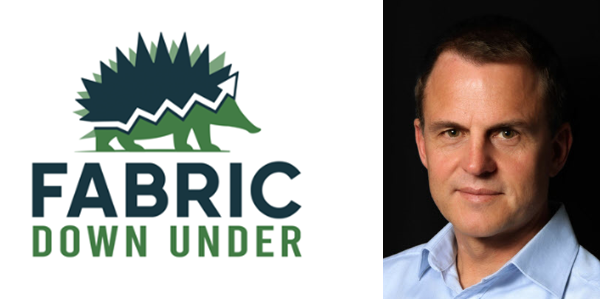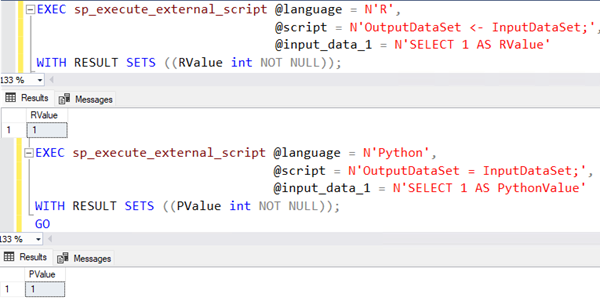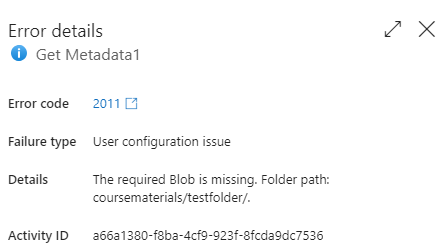
SQL Down Under show 86 with guest Armando Lacerda discussing SQL Server 2022 snapshot backups and data virtualization is now published
And yet another new SQL Down Under show is published!
Once again, I had the great pleasure yesterday to record a podcast with one of my long-term data platform MVP friends Armando Lacerda.
Armando is a cloud architect and engineer focused on data platform. He is a long-term data platform MVP, MCT, speaker, trainer and coder.
In the show, we discuss changes involving two aspects of SQL Server 2022:
- Backups using snapshots
- Data virtualization
I hope you enjoy it. You’ll find this show (and previous shows) here: SQL Down Under Podcast /
2024-03-19









